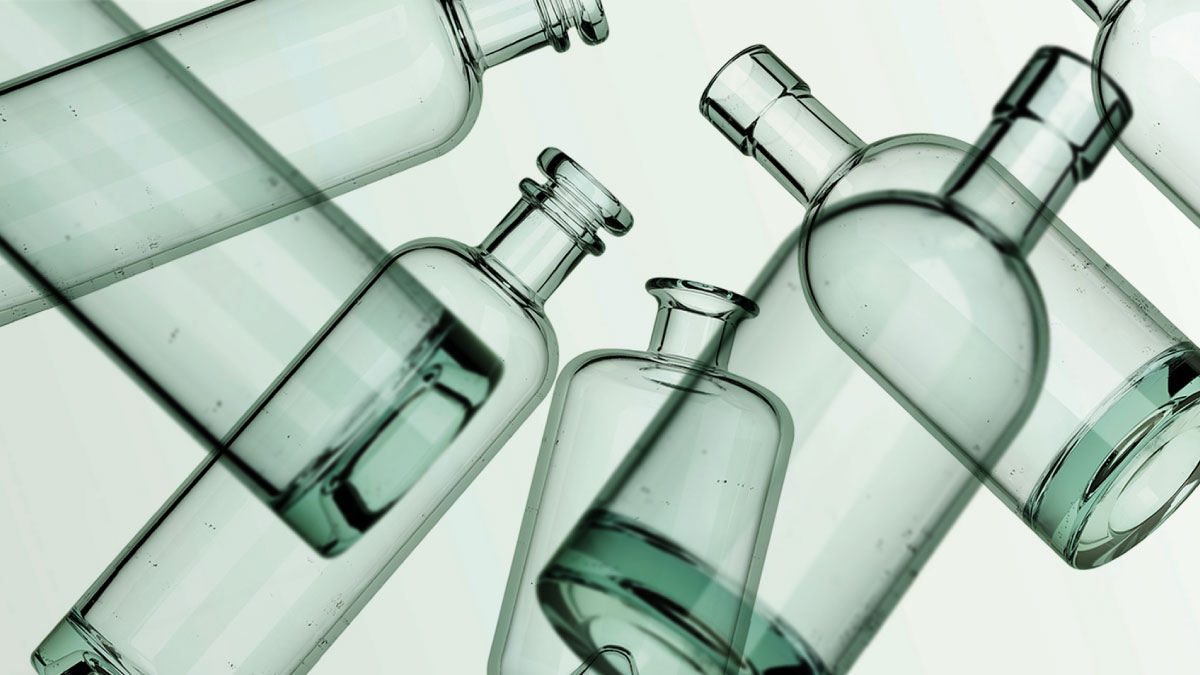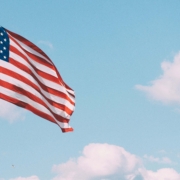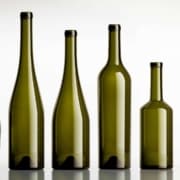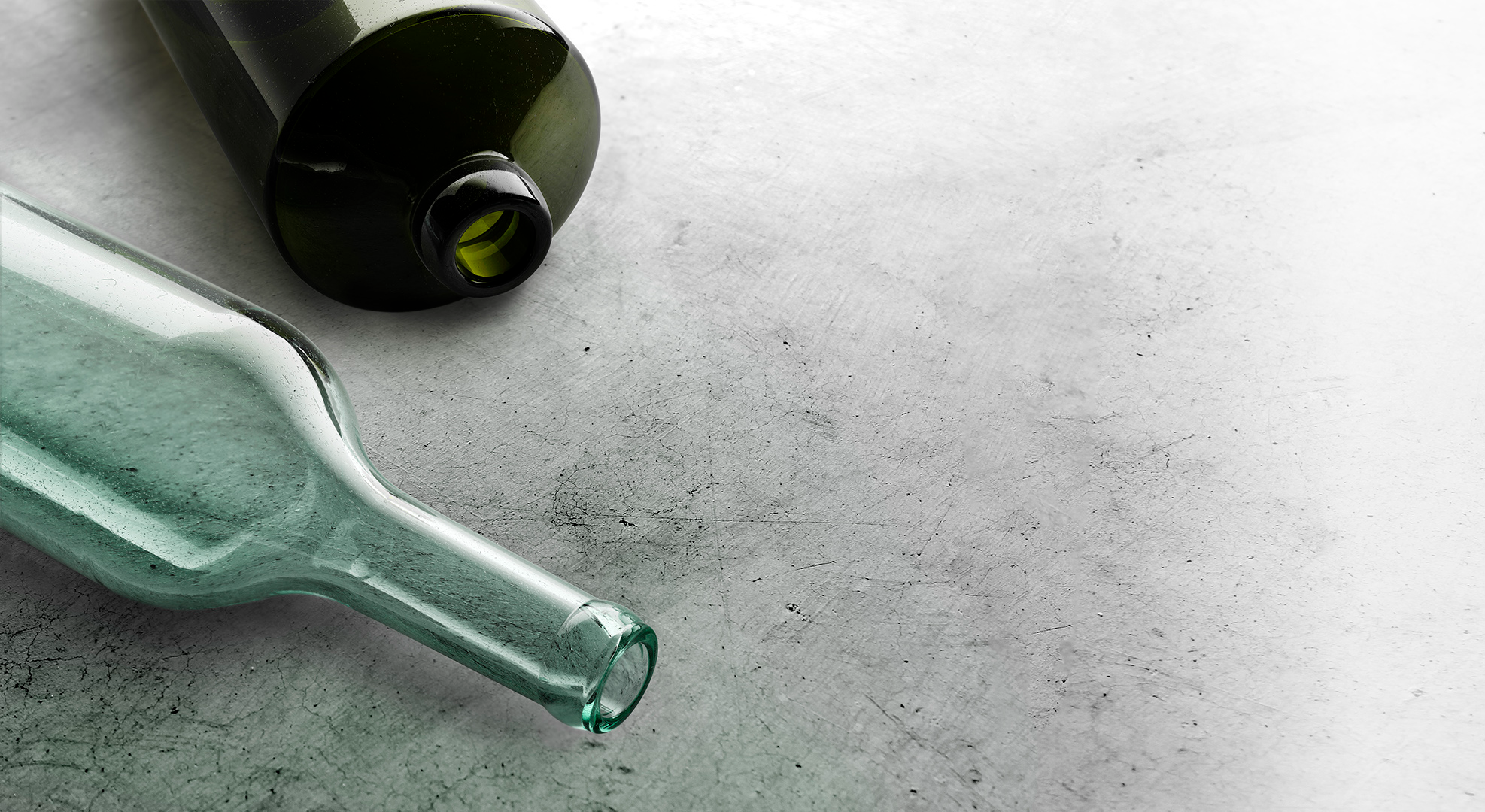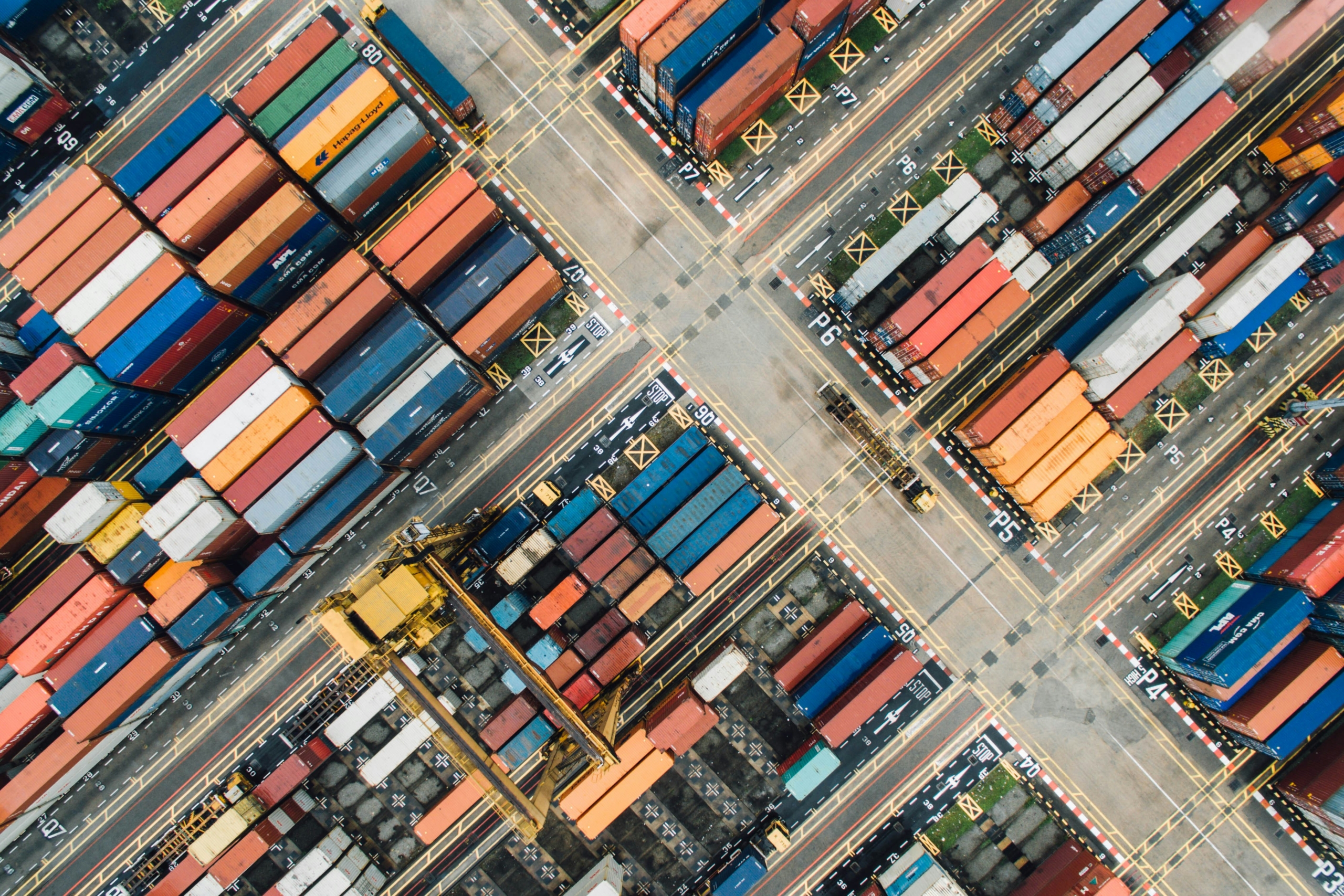An Insight into the Glass Bottle Manufacturing Process
Glass is one of the most important materials, particularly in the world of wine and spirits packaging. Glass bottles have stood the test of time as a versatile and reliable container for liquids for centuries. The process of making glass bottles for spirits and wine combines art and science to create functional and appealing glass bottles. Global Package supplies high-end glass bottles to the wine and spirits markets across North America.
How Are Glass Bottles Made?
Glass is made from natural raw materials including sand, soda ash and limestone, as well as recycled glass in large amounts, that are melted at high temperatures to form the new material called glass.
Glass manufacturing is an ancient tradition dating back to around 3500 BC, and over time has evolved to today’s high-tech industrial processes, which has increased the use of glass in our everyday lives. Production of glass is now much more efficient and innovative, with improved factory supply chains. This has enabled glass manufacturers to find positive solutions to a number of economic and environmental challenges.
Put simply, glass is sand that has been melted down and chemically transformed into glass. High temperatures are needed to melt the sand down at roughly 3090°F, which is approximately the same temperature a space shuttle reaches as it re-enters the Earth’s atmosphere. Adding recycled glass helps lower this temperature and saves on fuel, thus reducing CO2 emissions. When glass is created, it completely changes the inner structure of the material.
Glass can have a number of properties, but commonly includes sand, limestone, and soda – this is known as soda-lime glass, and is the most commonly used glass.
A Brief History of Glass Manufacturing
Glass was first made in the ancient world, emerging in the Mediterranean and European world throughout the Renaissance and industrial period. From the late 1800s, bottles began to be mass produced, and over the years with technological advances, has become automated and more efficient. Today, the United States produces more than 40 billion glass containers a year.
Read more about the history of wine bottle packaging in this blog: The A–Z of Wine Glass Bottle Packaging.
The Crafting of Glass Bottles
Glass bottle production begins with melting down the raw materials. Once the raw materials have been melted down, it is ready to be shaped into bottles. Glass bottles are formed through various techniques, but the primary technology is for each bottle to pass through two molds. The forming process is a method by which molten glass is poured into molds, a blank and then final mold, and creates a precise shape. This can be a common or popular bottle shape, or a completely custom design.
After molding, the glass undergoes a process called annealing, which is a heat treatment that reinforces chemical properties of the glass to strengthen the glass, increasing its durability. Global Package ensures we supply quality glass, and a rigorous quality control inspection always occurs to certify that it meets industry standards for thickness, clarity, and structural integrity.
After annealing, the bottles go through a rigorous inspection of cosmetic and structural flaws that will reflect many bottles. These limits are based on a contract standard called an AQL (Acceptable Quality Level). The Wild Glass™ range from Estal accepts more cosmetic flaws in order to allow more output and better environmental economies.


Glass as Packaging for Wine and Spirits
Glass packaging for wine and spirits may come in many forms, shapes, and sizes, and depending on a client’s needs, may also be fully tailored to their brand requirements. After the glass bottle is crafted, decorations or labels are added to enhance each bottle’s aesthetic appeal.
One important feature of a glass bottle is the closure, capsule, or stopper which seals the bottle. The closure is commonly made of cork, glass, metal or plastic, and Global Package specializes in supplying closures and bar-top corks to our clients by working alongside leading suppliers.
Once the glass is made, it can be shipped in bulk or custom boxes which Global Package manages for our customers.
Benefits of Glass Packaging
Environmentally Friendly
Glass is an ideal form of packaging for wine and spirits. Glass is an environmentally friendly option for packaging, because it can be recycled indefinitely without losing any of its intrinsic properties, contributing to a circular economy in the packaging industry. Glass is made from natural materials, and is easily recyclable. Global Package stocks the Wild Glass range from Estal for Wine and the Wild Glass range from Estal for Spirits, which is made from 100% post-consumer recycled bottles.
Durability
It is a durable material and resistant to heat – only melting at very high temperatures, and is relatively inexpensive to manufacture. Glass is chemically inert, which means it does not have a chemical reaction with the contents inside, making it perfect for wine and spirits packaging. It does not absorb any flavors or smells, retaining the freshness and quality of the product inside.
Transportation
Glass, however, can be heavier to transport which can increase energy and transportation costs. Global Package stocks the Elegant Light Line range – a sophisticated and attractive range of bottles that are lighter in weight than typical glass bottles.
Discover our range of Elegant Light Line Bottles for Spirits and Elegant Light Line Bottles for Wine.
Glass Packaging at Global Package
Global Package supplies high-end glass bottles to the wine and spirits markets across North America. Sourcing bottles from Europe, Asia and domestic markets, Global Package has an esteemed portfolio of bottles and packaging, specializing in sourcing and supplying glass for small to large projects ensuring your product is presented affordably, effectively and professionally. Global Package has strategic alliances with innovative suppliers, designers and marketing collaborators both domestically and internationally, as well as stock across a local network of warehouses ready for dispatch.
Please contact our team with any queries you may have about our products or services. Fill out our contact form, email us at sales@globalpackage.net, or call us on +1 707 224-5670.
